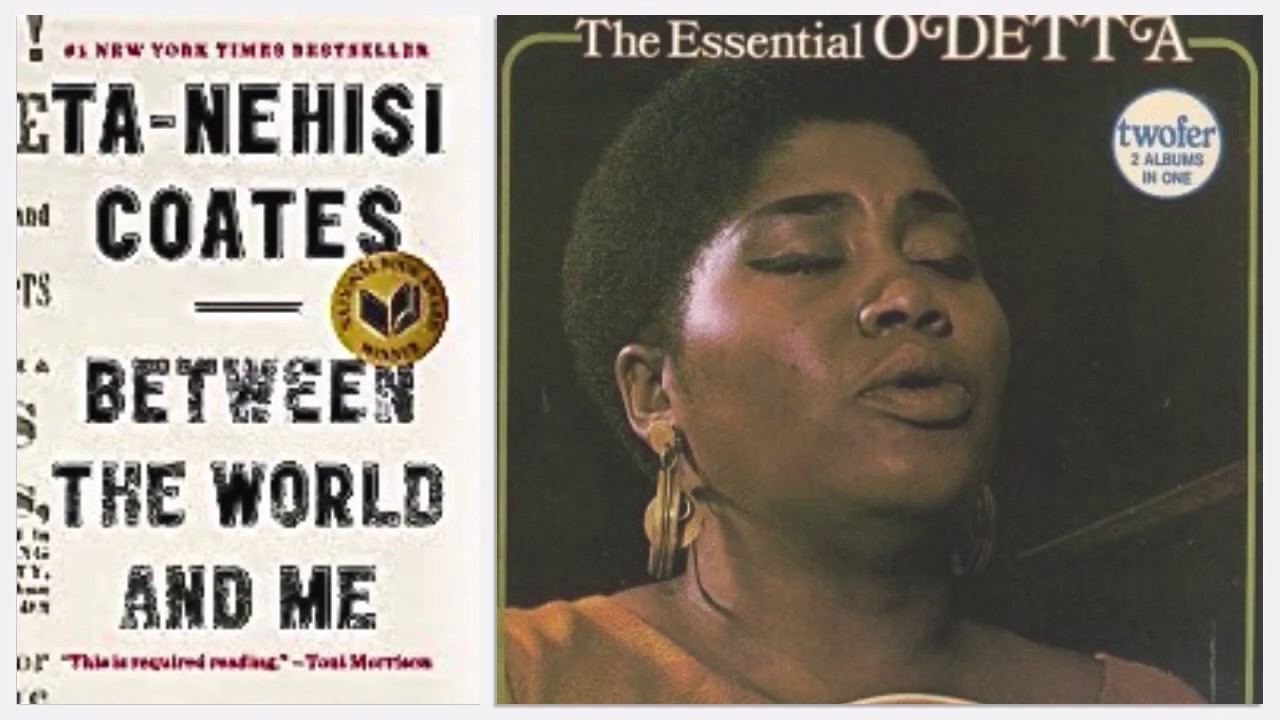My father, Charles E. Dolby, was born and grew up in Huntington County, Lancaster Township, in northern Indiana. His parents were Frank and Gertrude (Beghtel) Dolby. For most of his adult life he lived on Vine Street. He was trained as a barber and practiced barbering for a while but then joined the City Fire Department as well as working off days at Home Lumber Company. He was an excellent carpenter and expanded our house to accommodate the family of seven and also built a lake cottage up in Noble County, Indiana. He loved fishing and kept bee moths in the refrigerator (Ick). He encouraged my singing and guitar playing as a teenager, and I think he was really proud to be driving me down to Bloomington to start my college education. He died in 1999, just before the start of the new millennium. I often wonder what he would make of things to day. He was a natural engineer and could fix almost anything. I miss him. The song I sing in this video is a traditional ballad, Child 113, and it tells of the fate of a mythical father.


